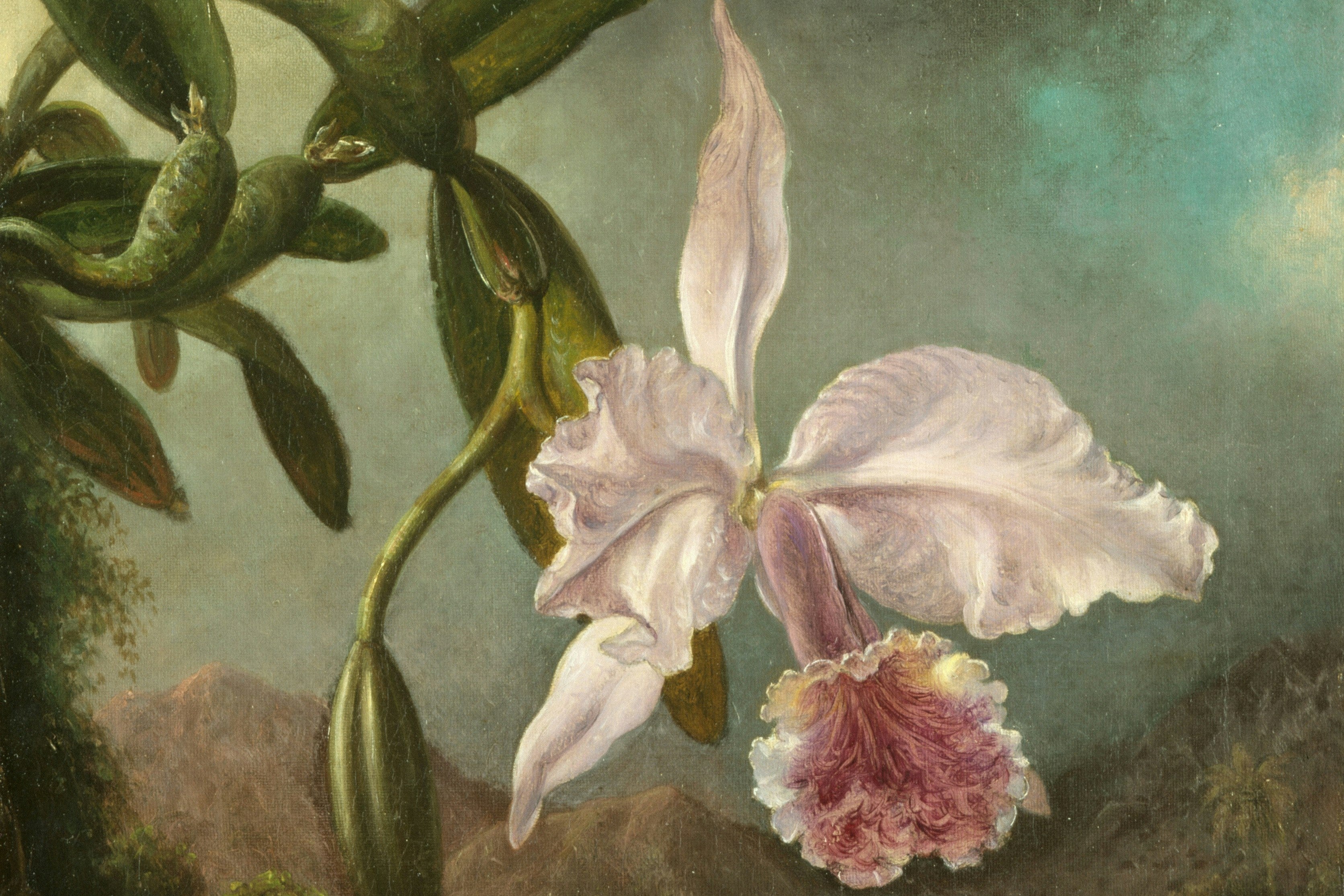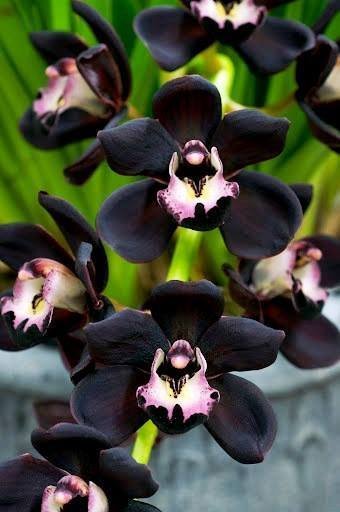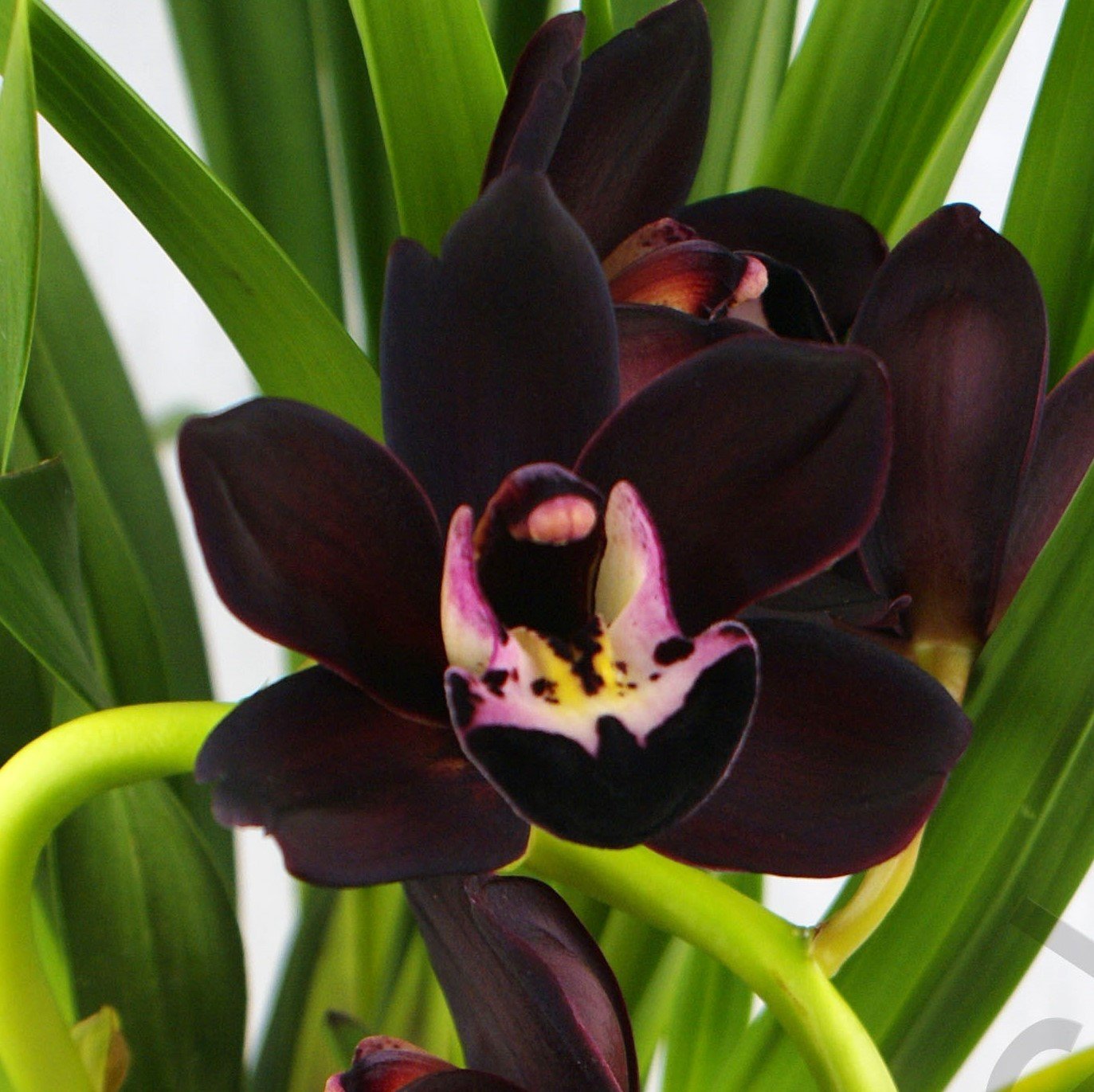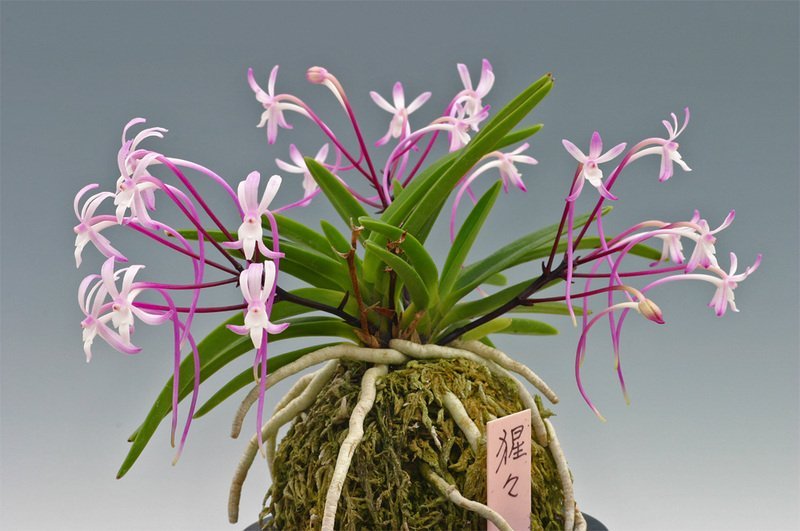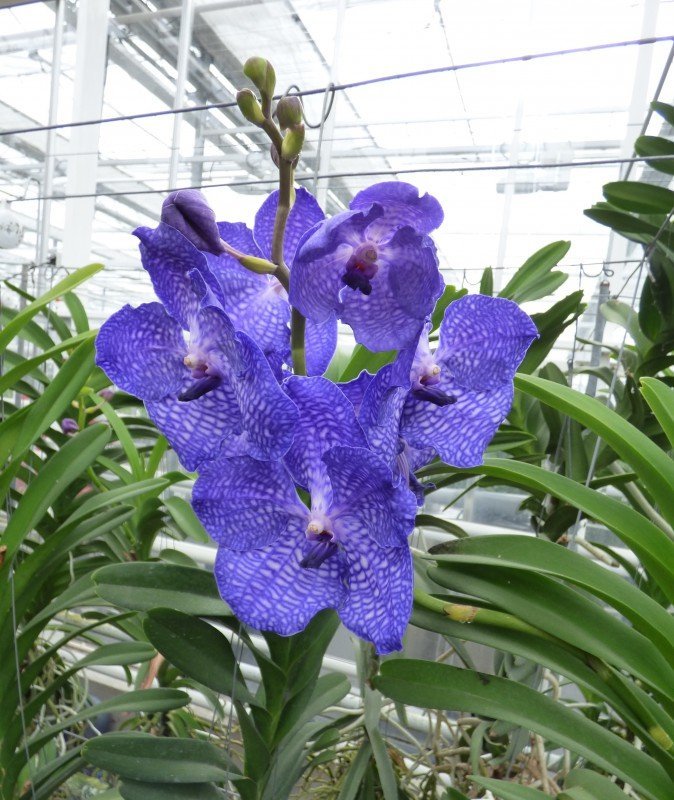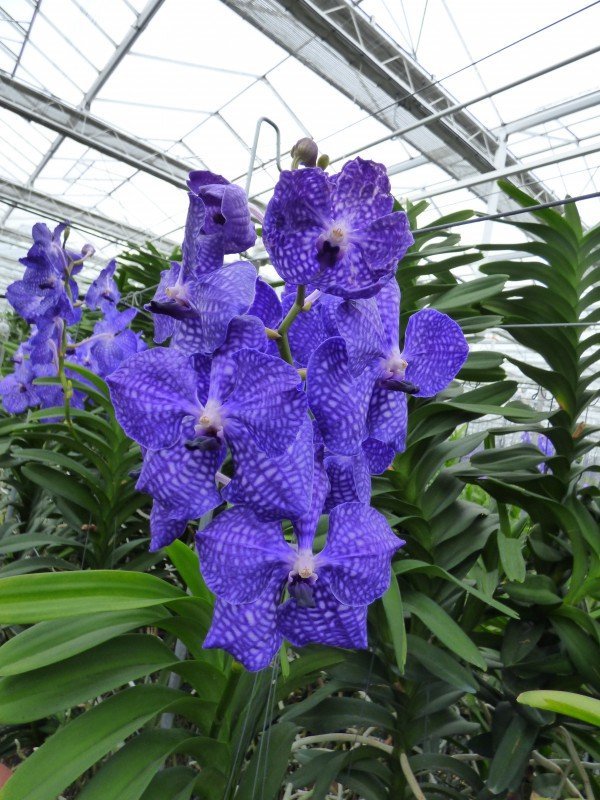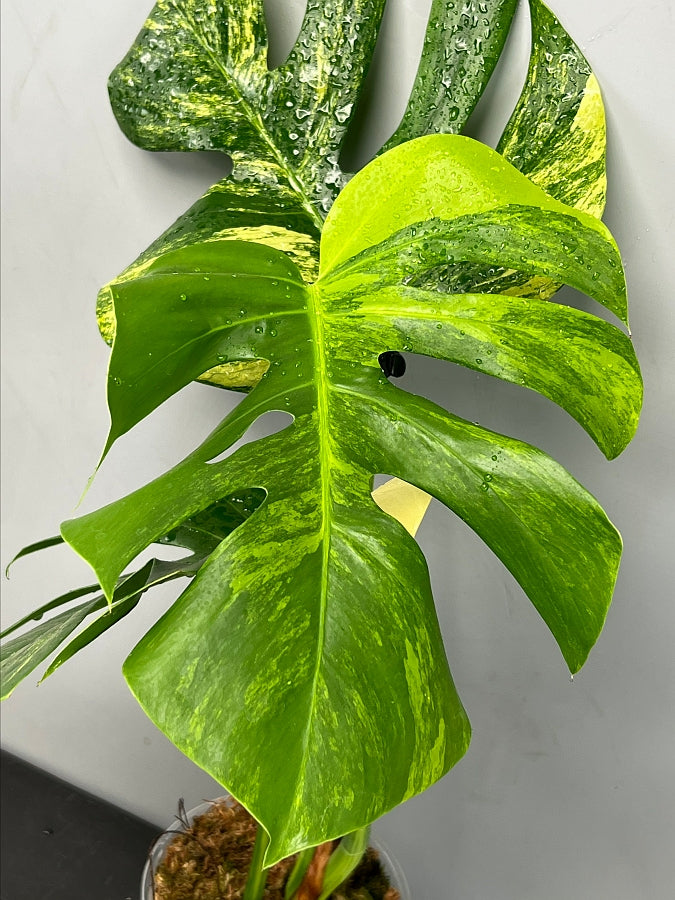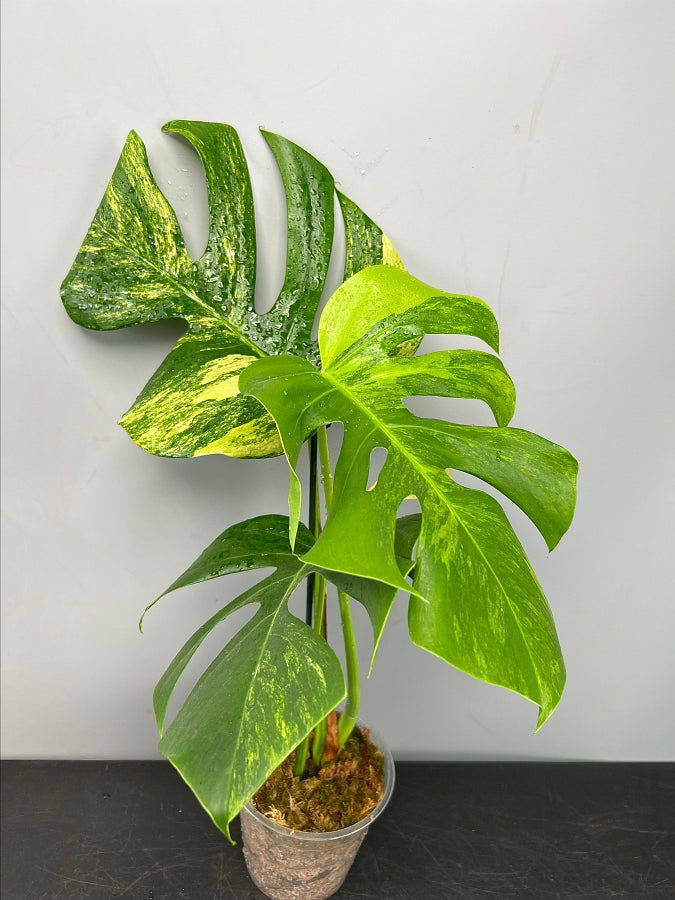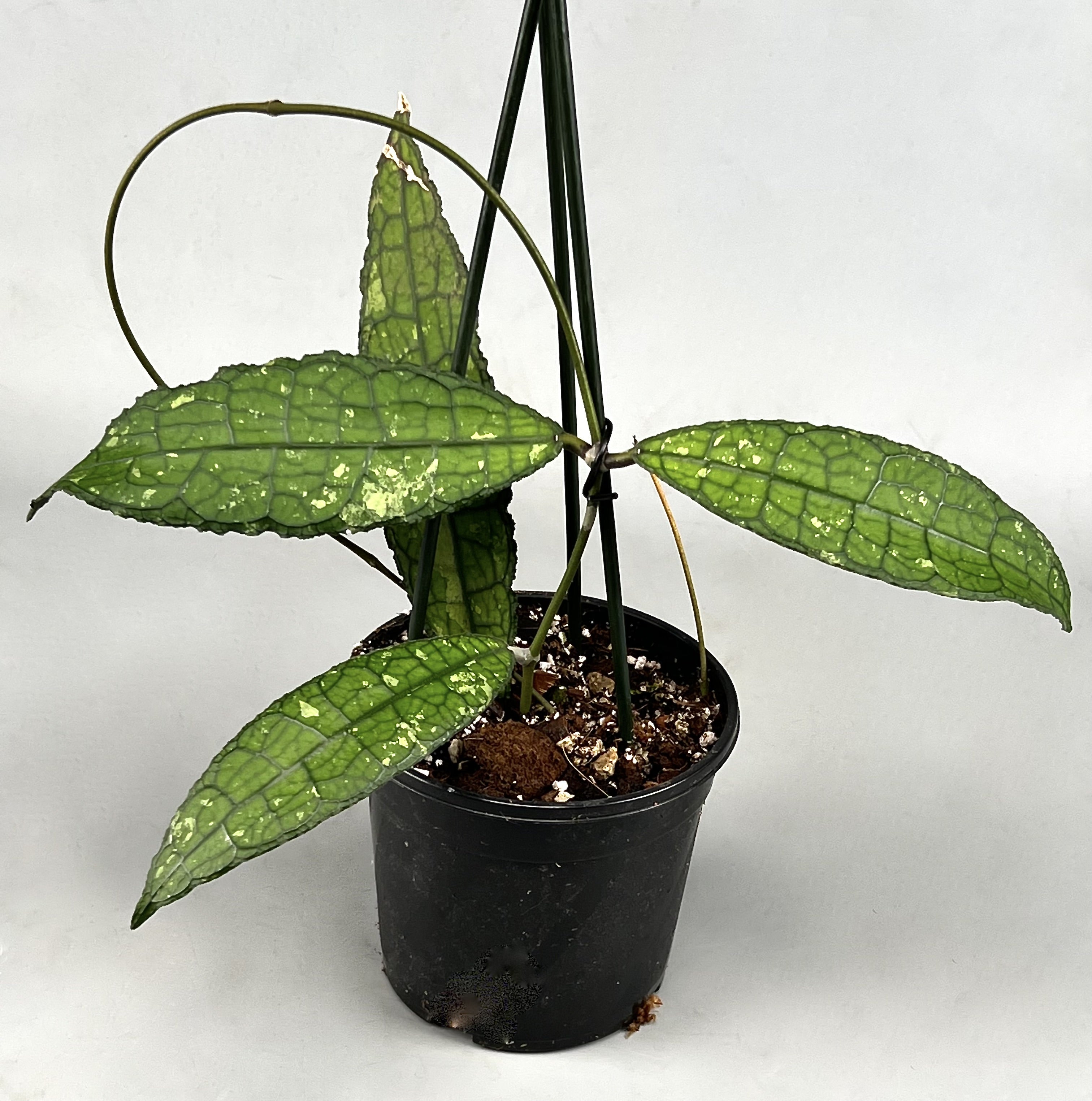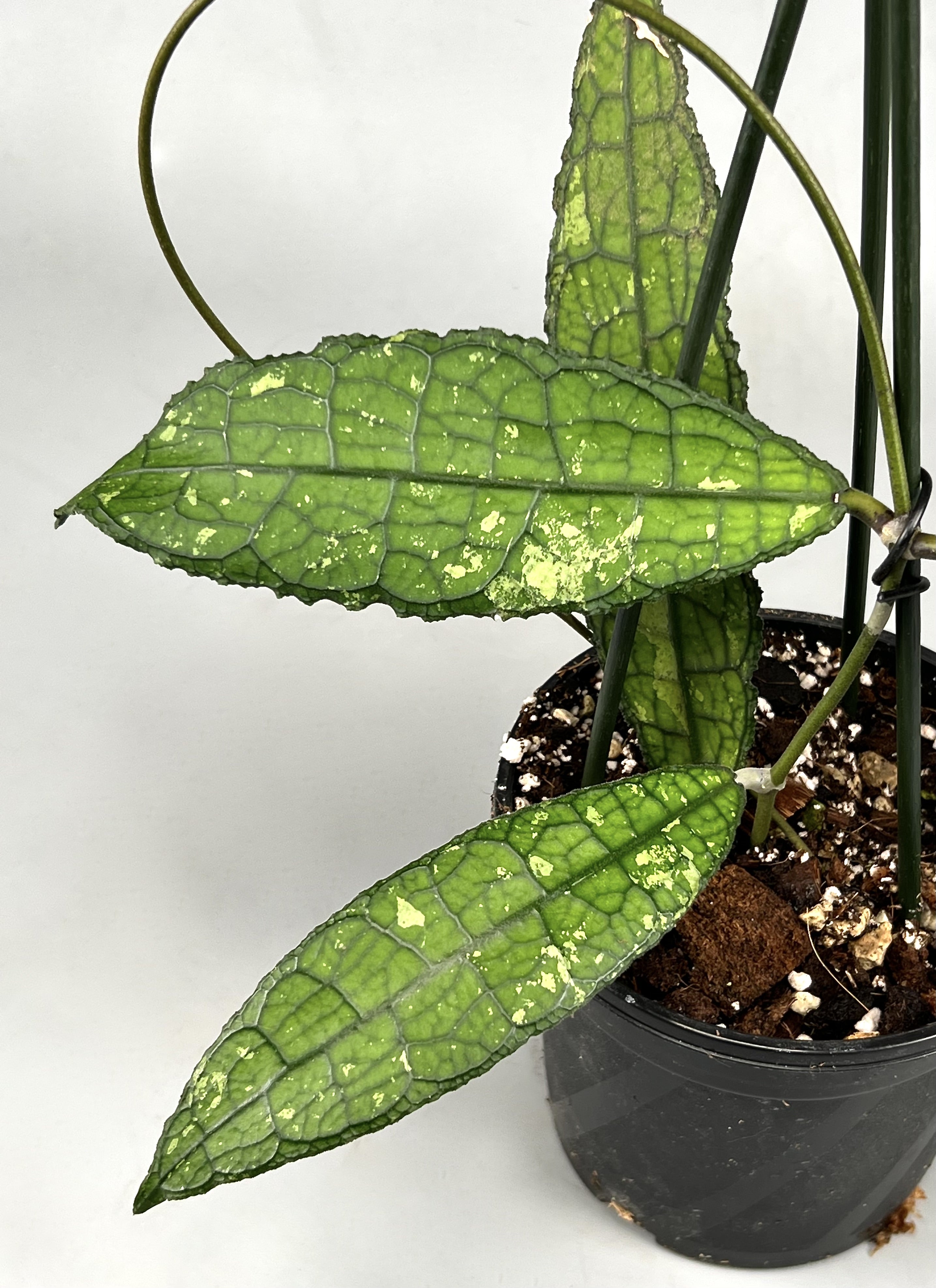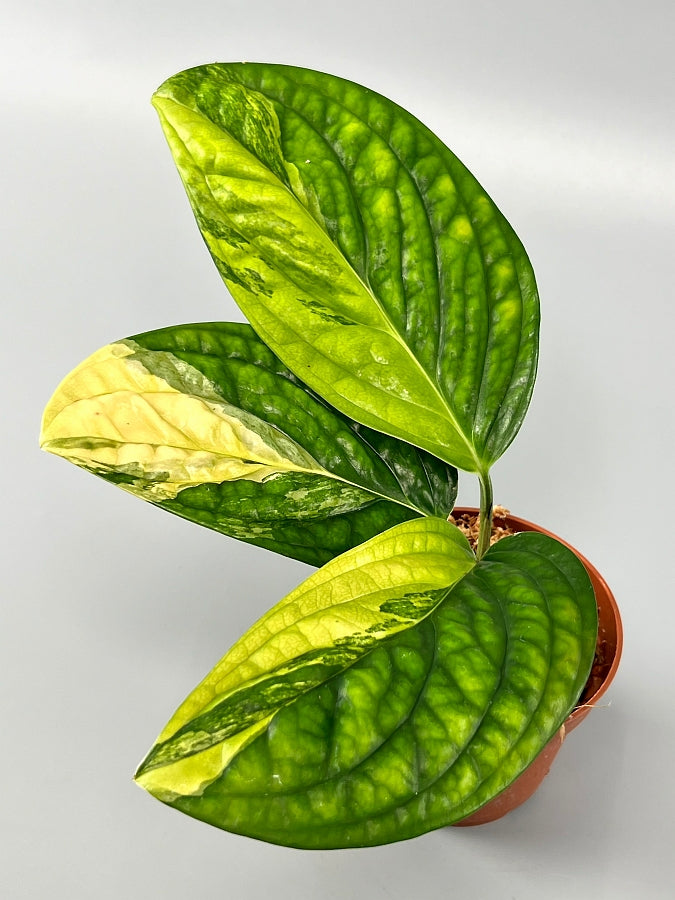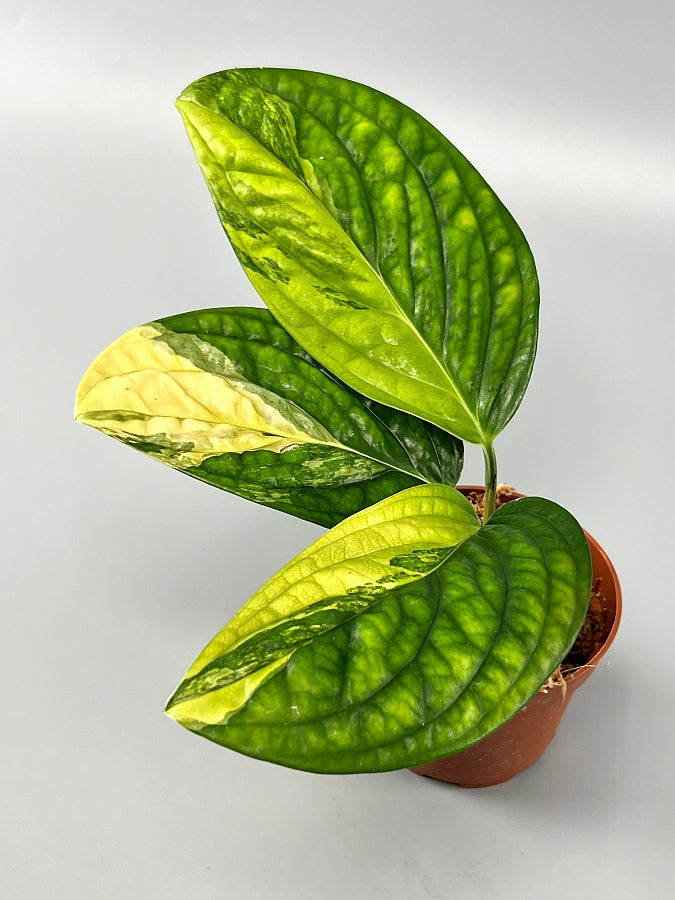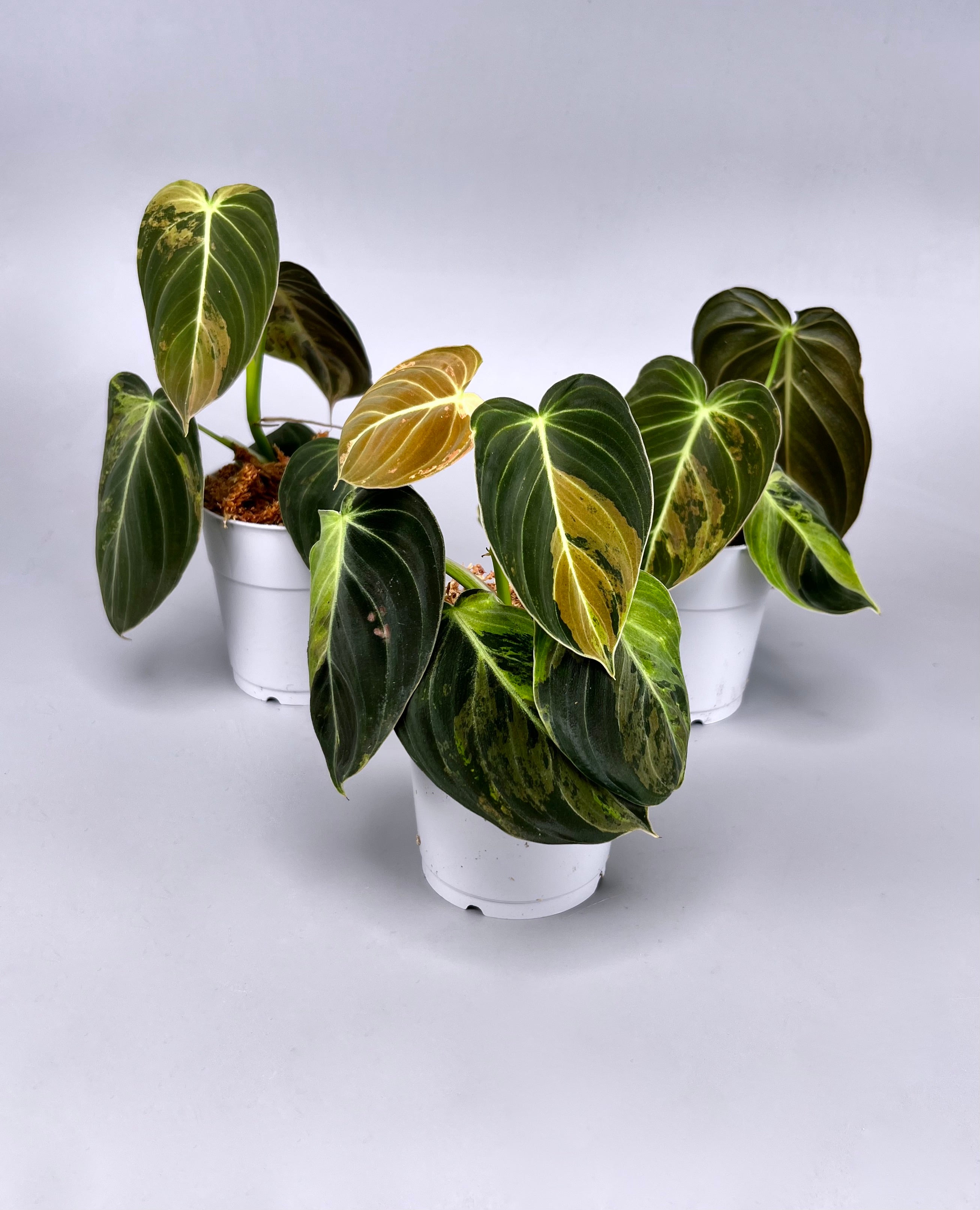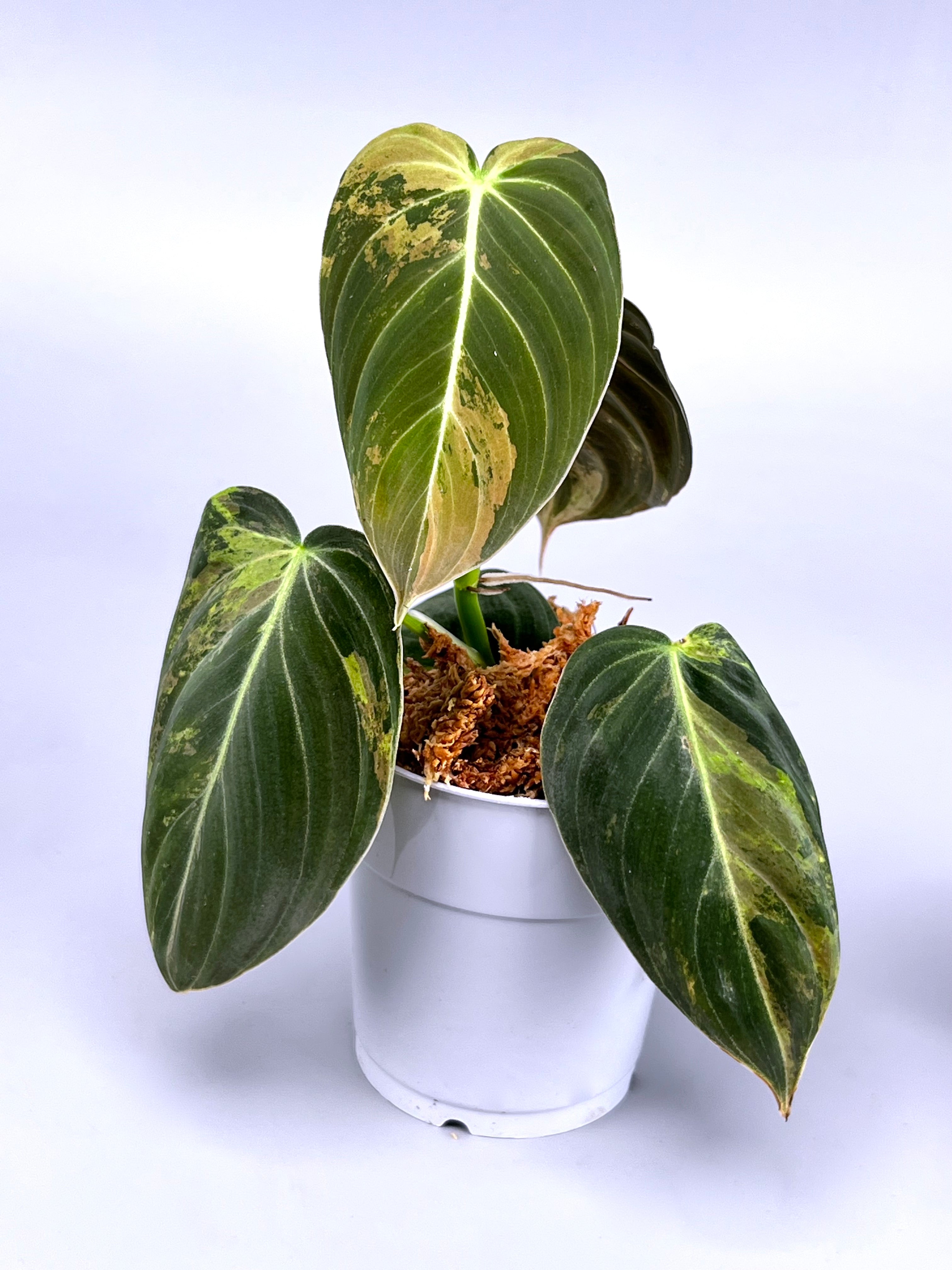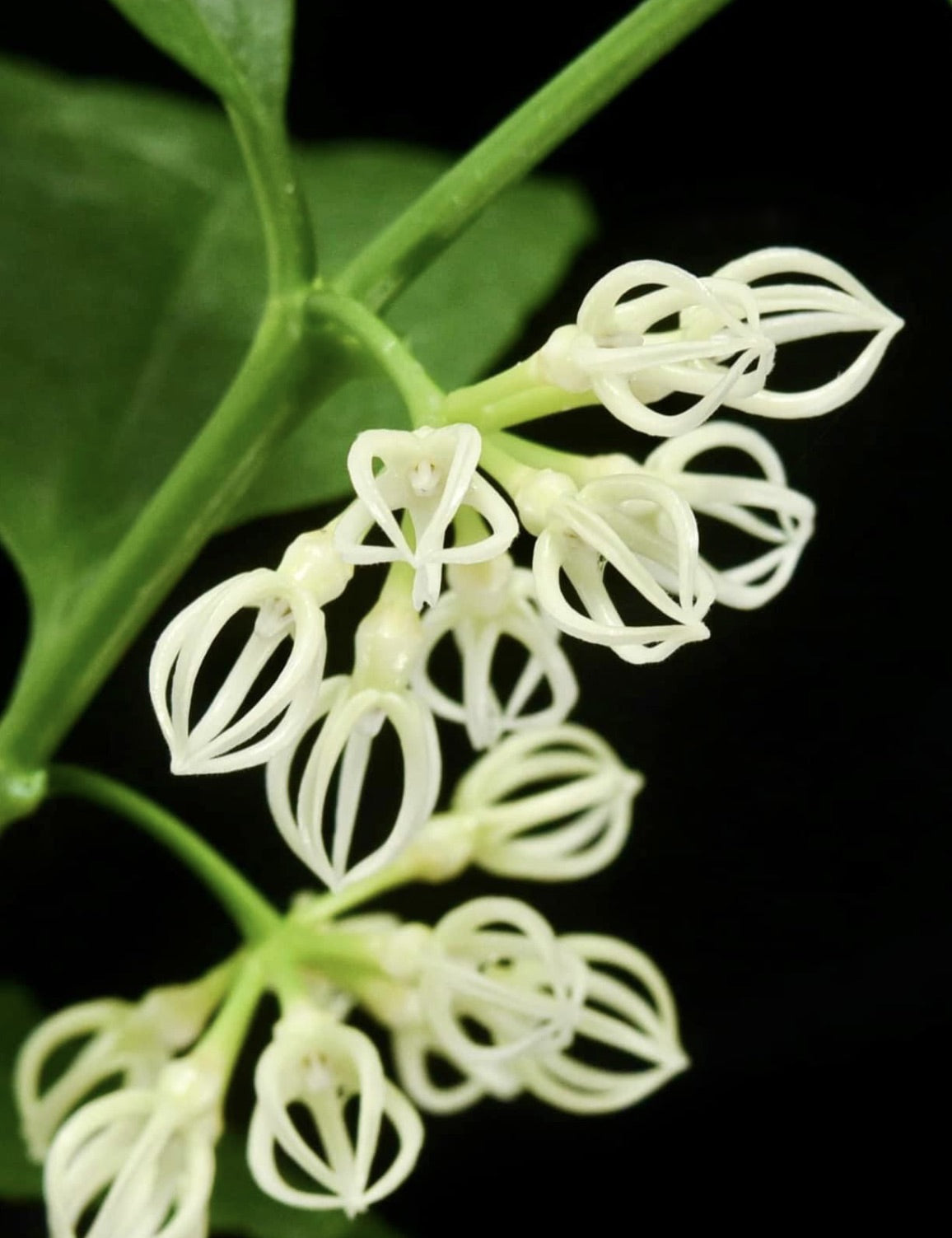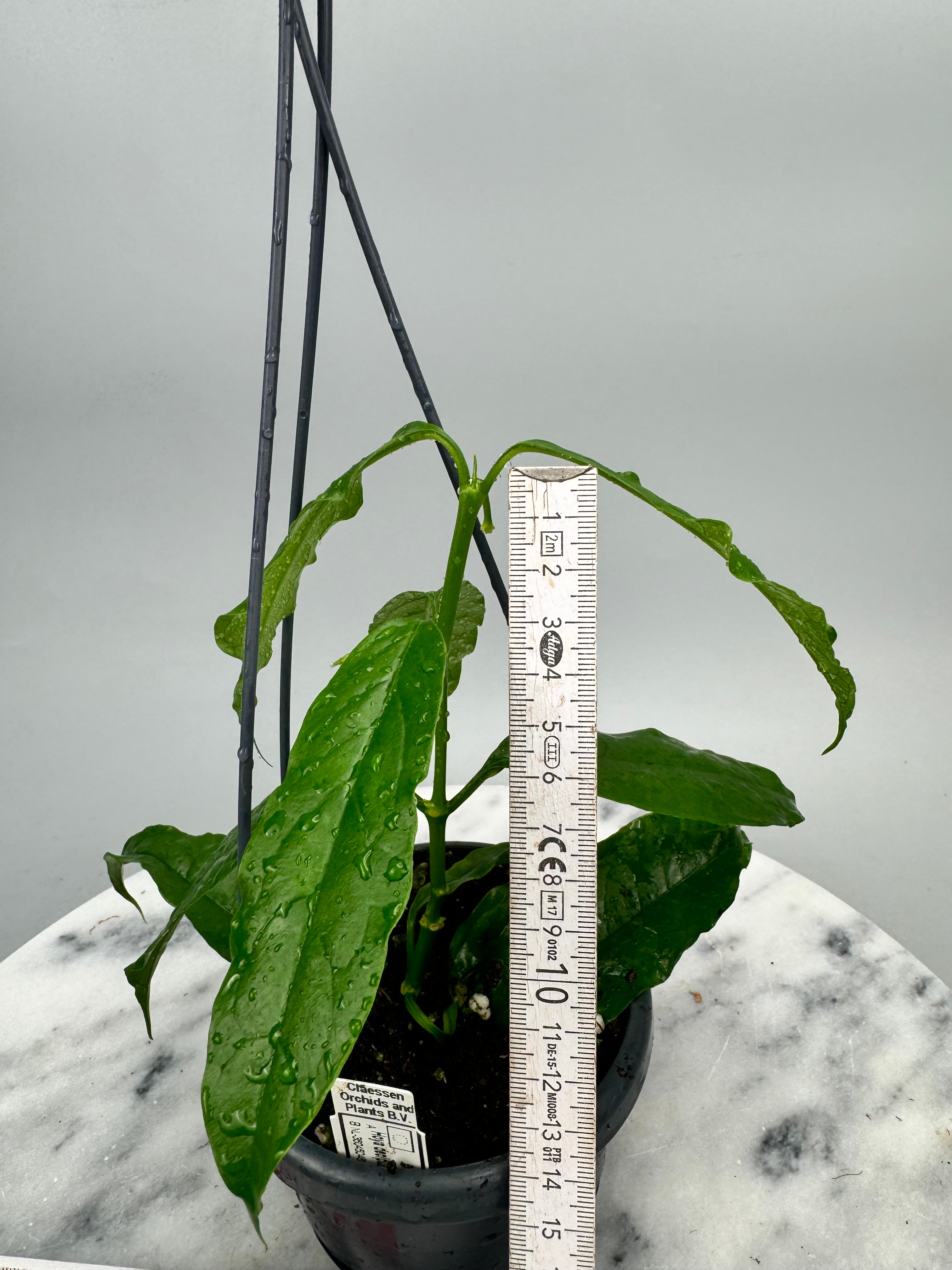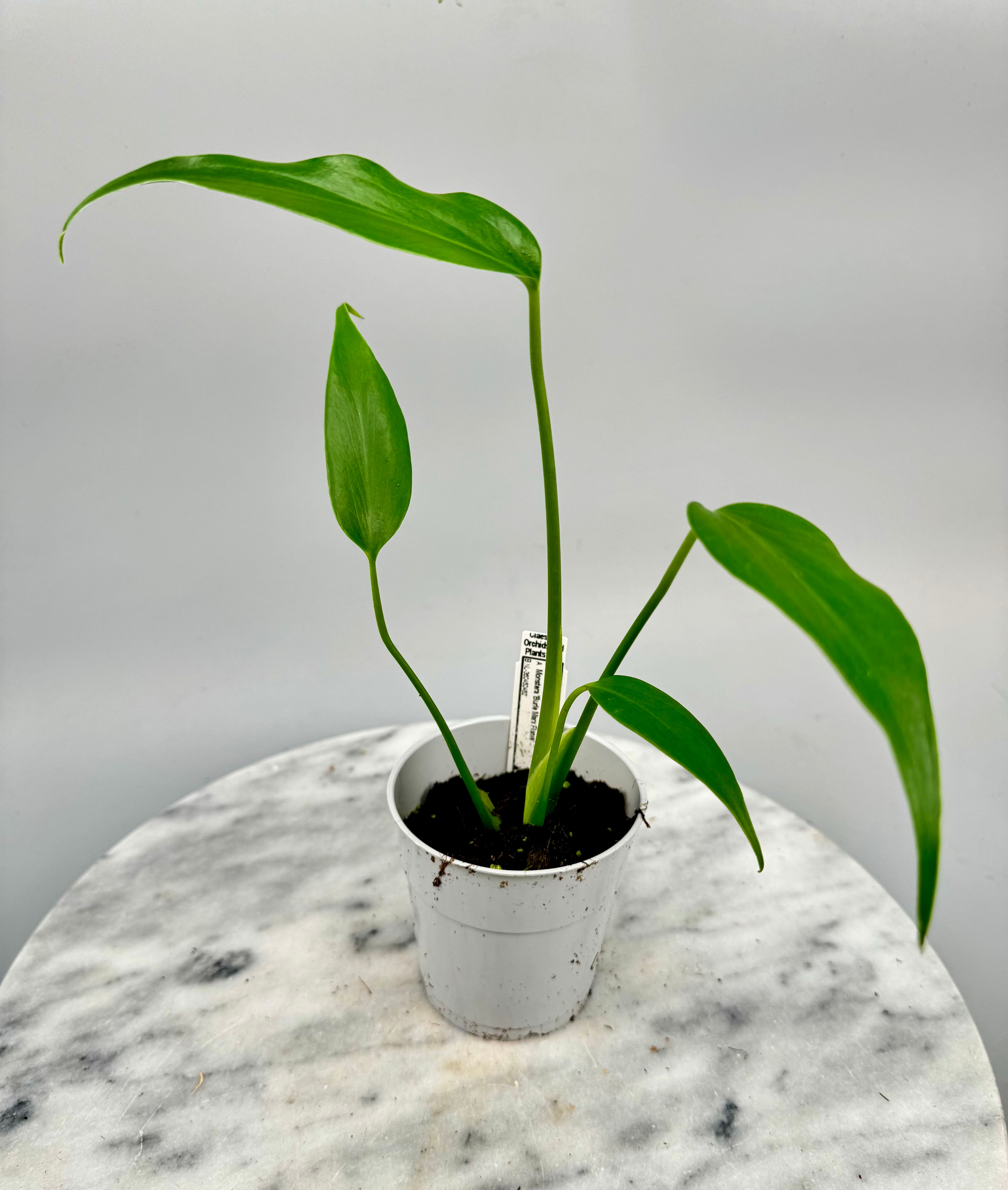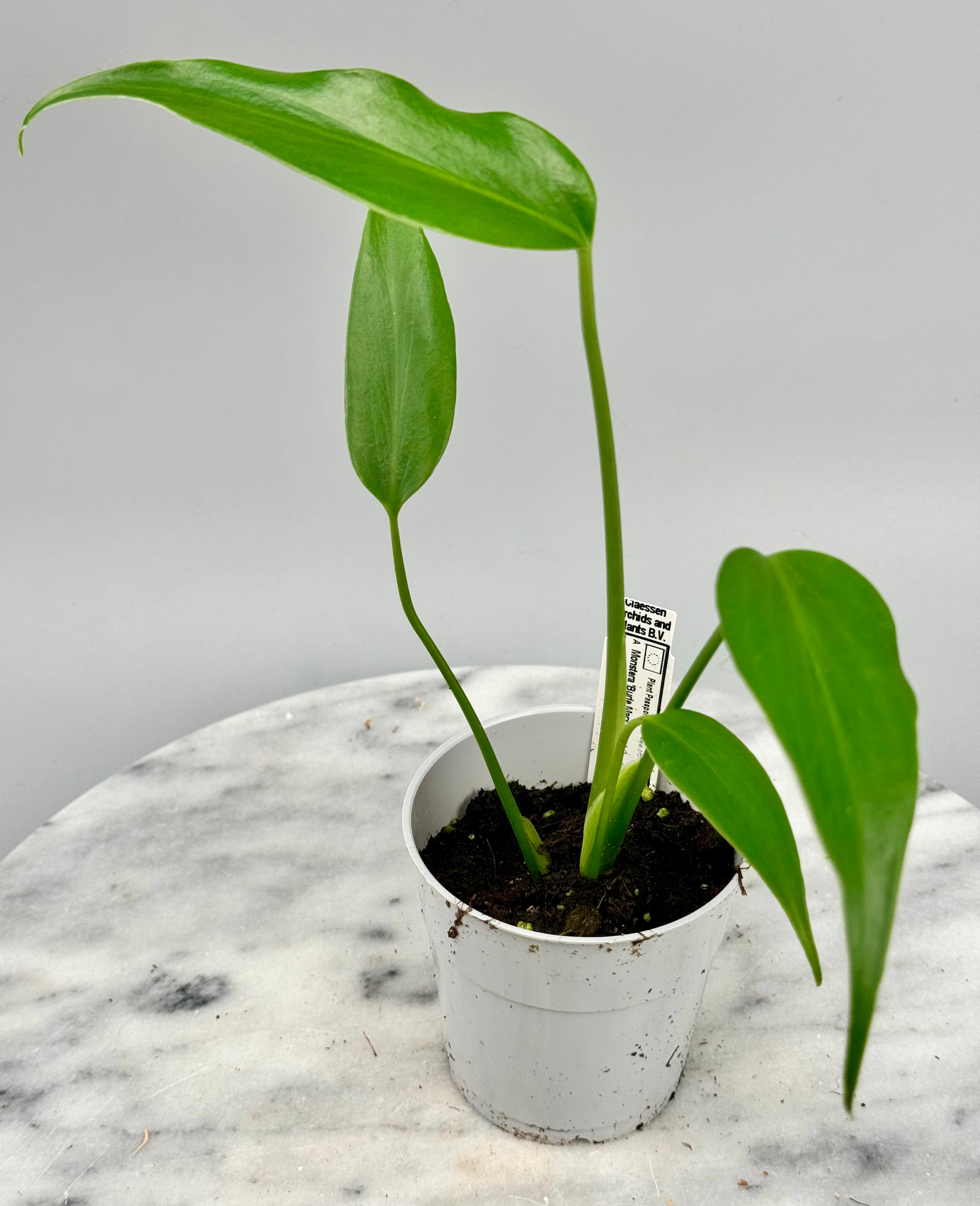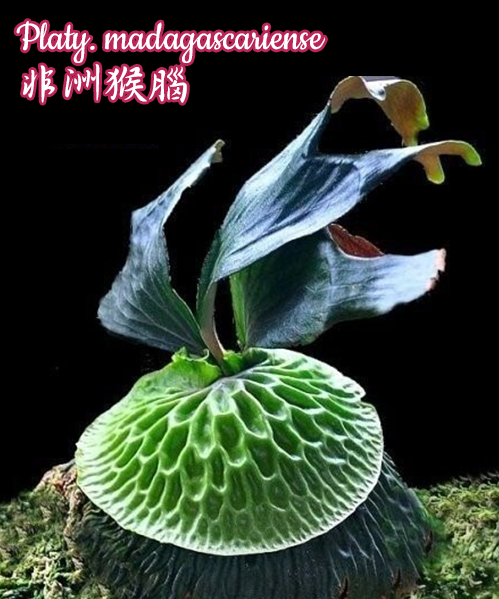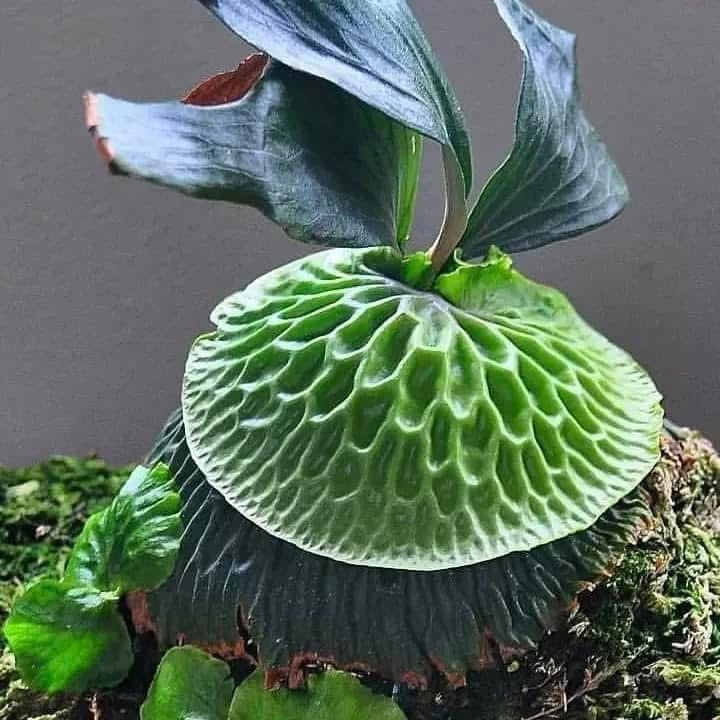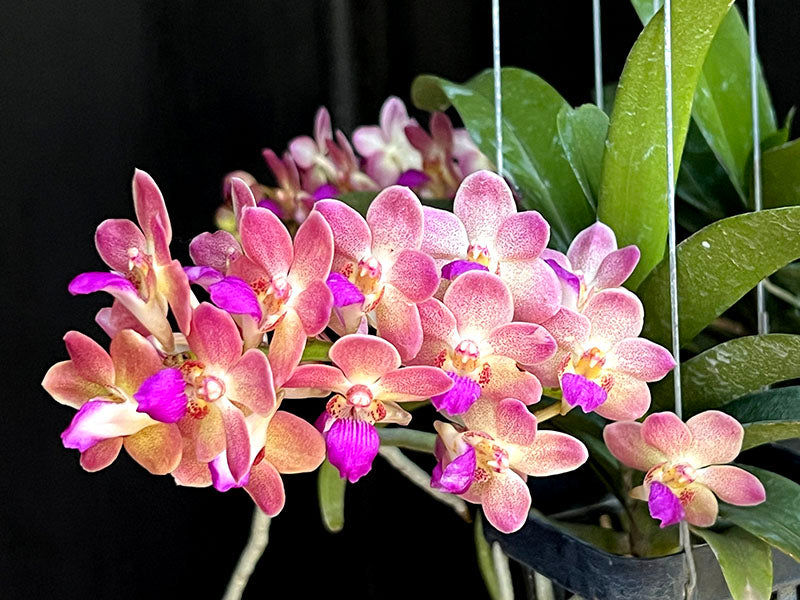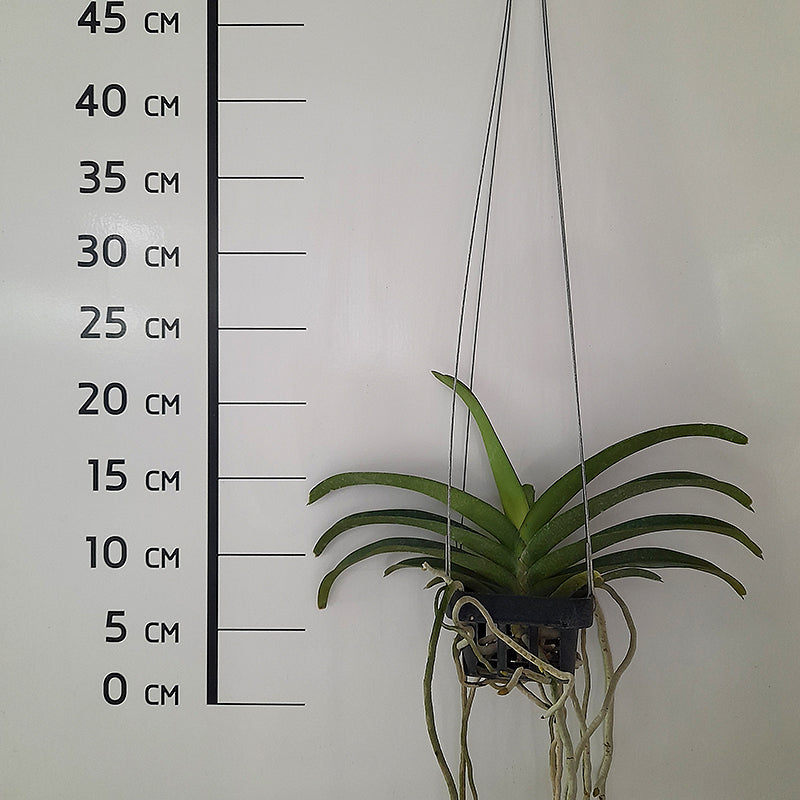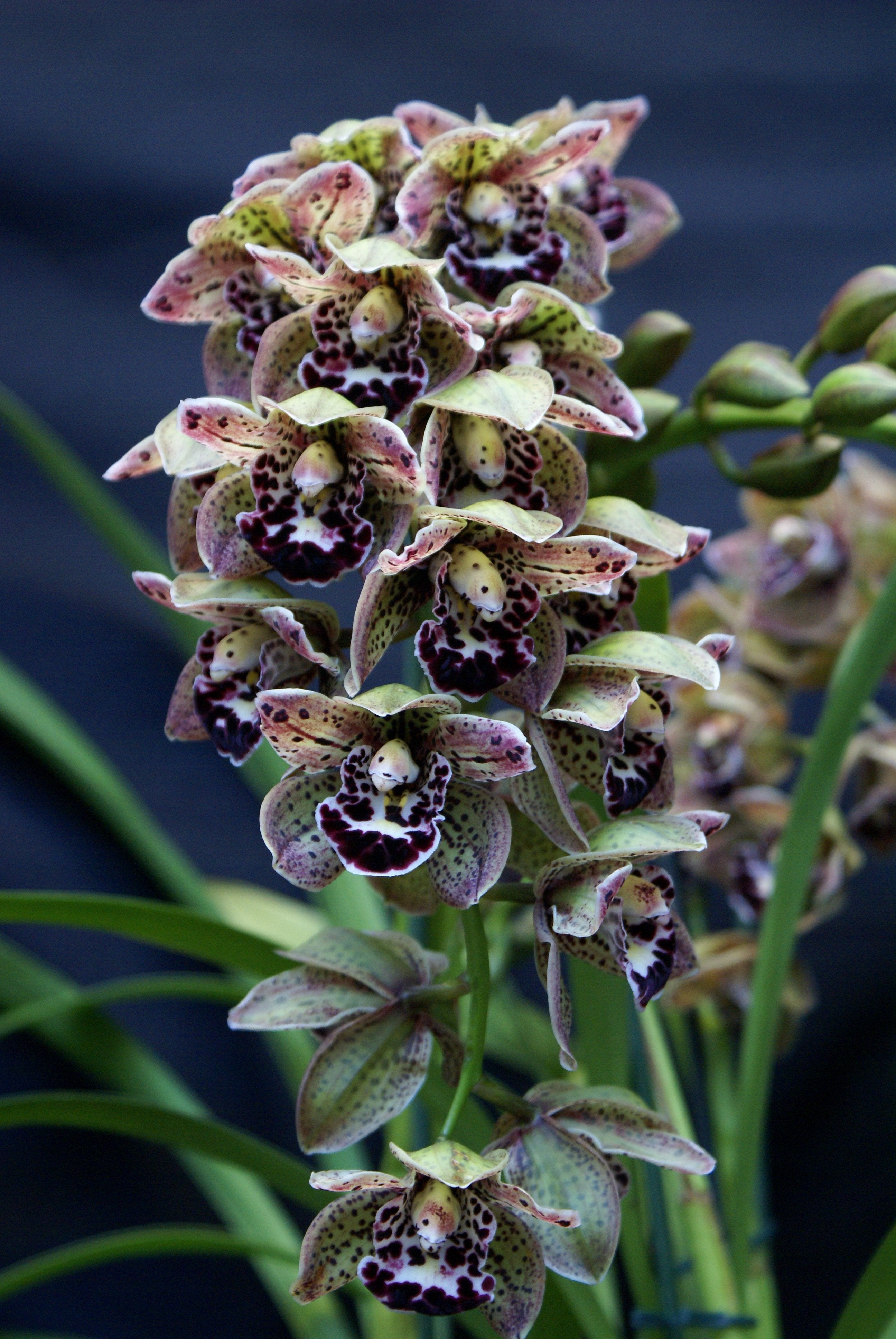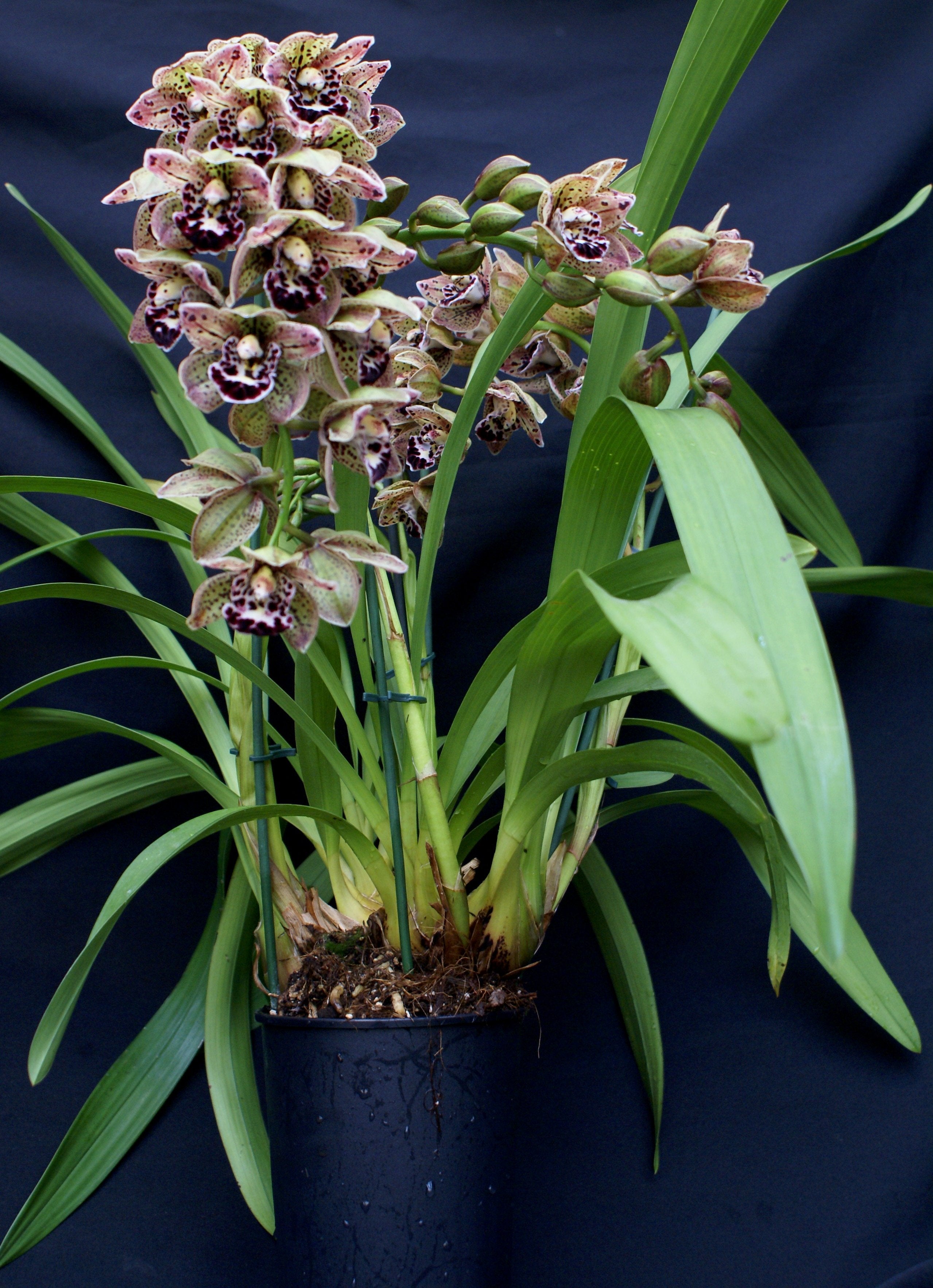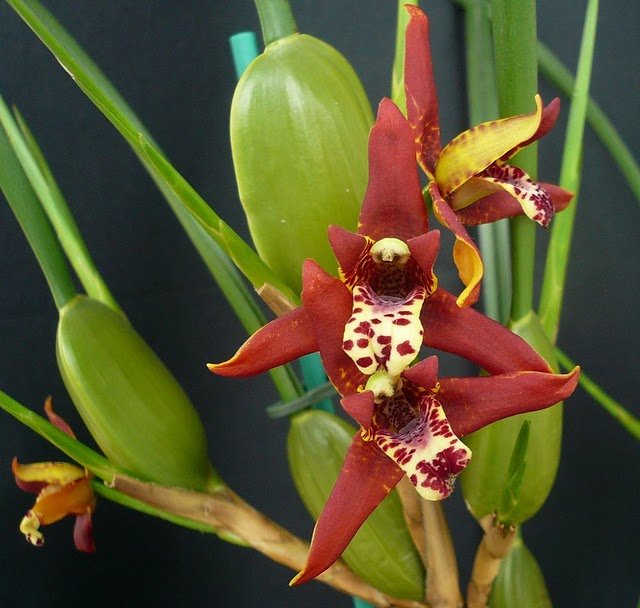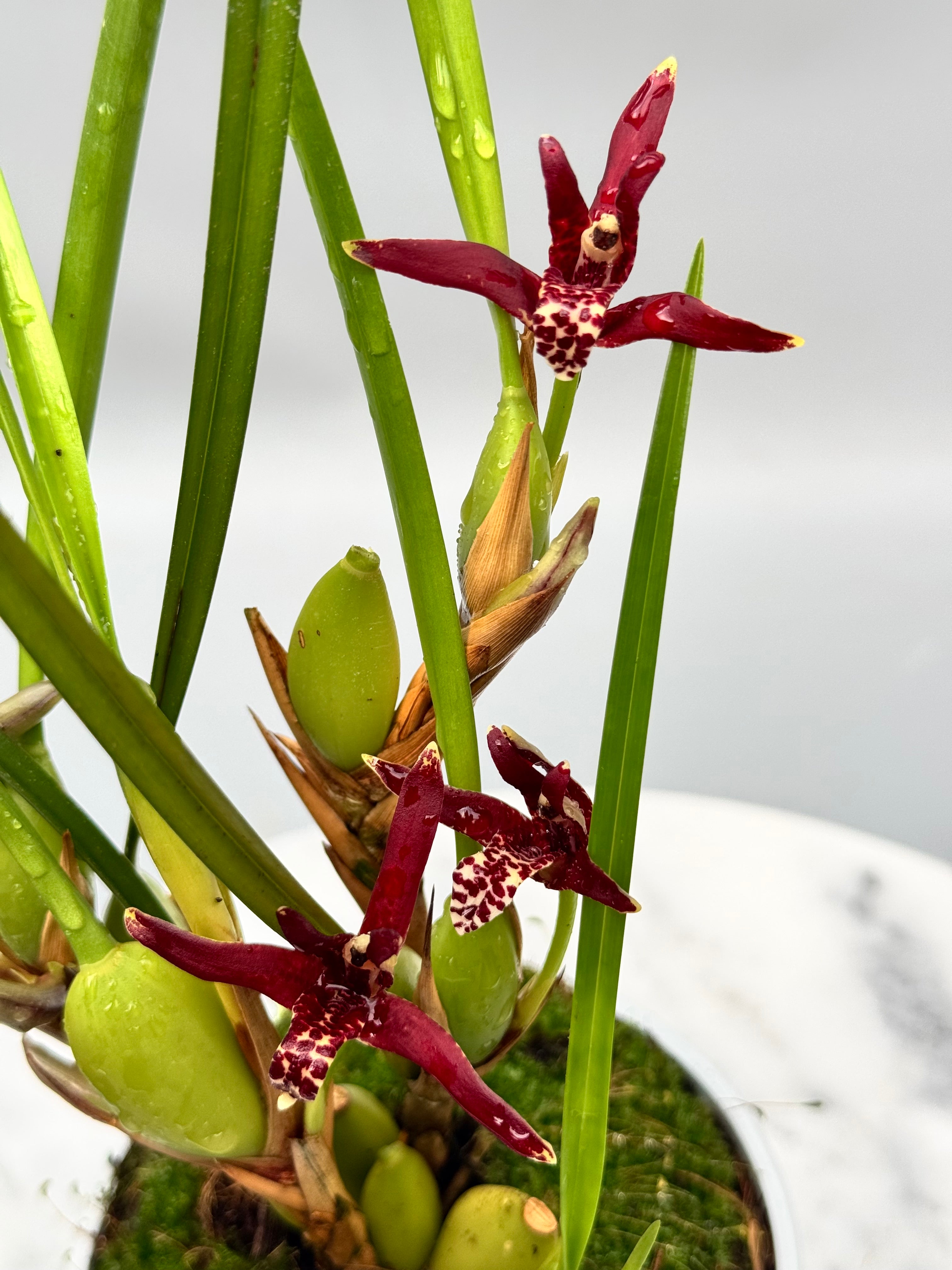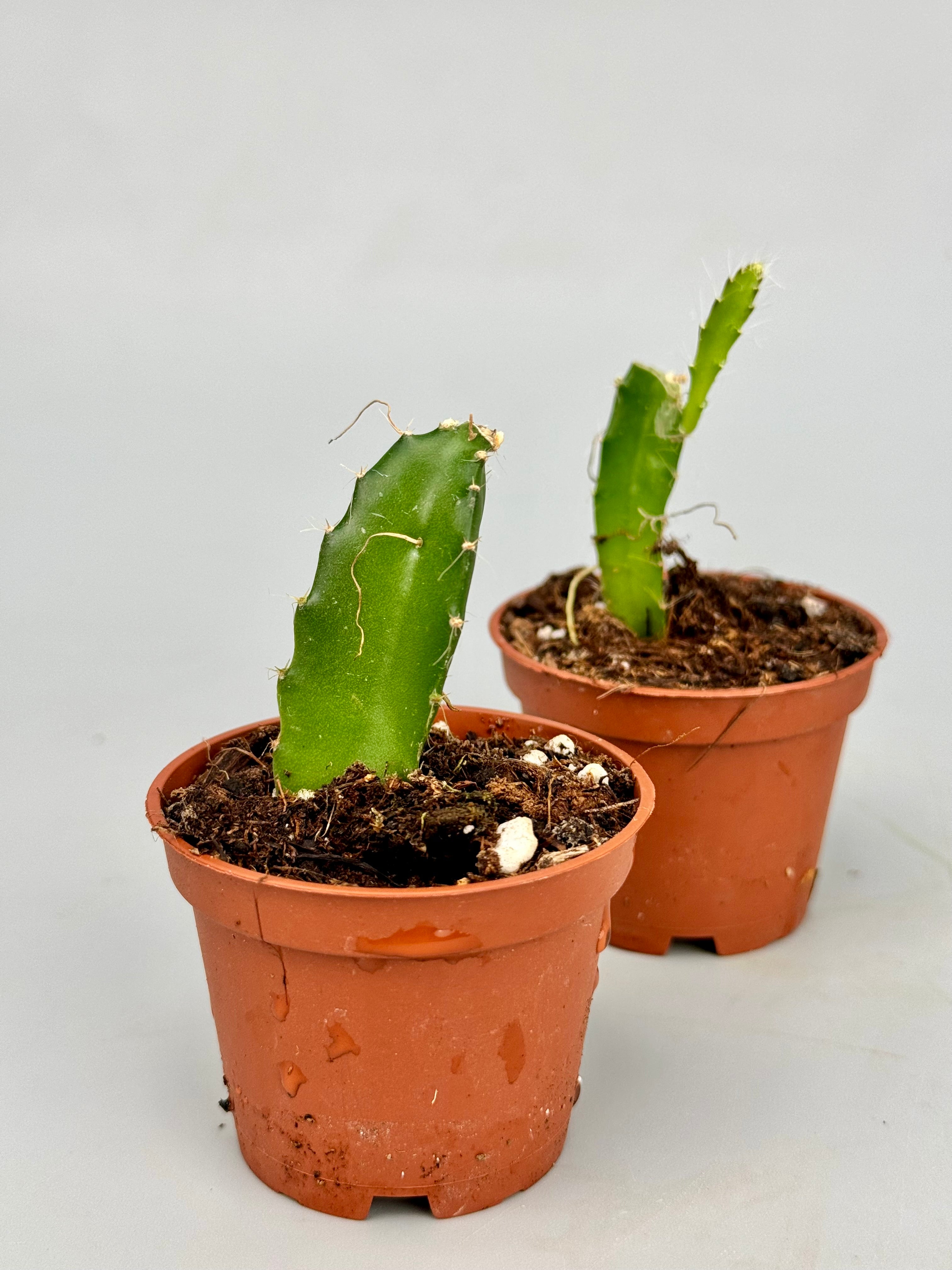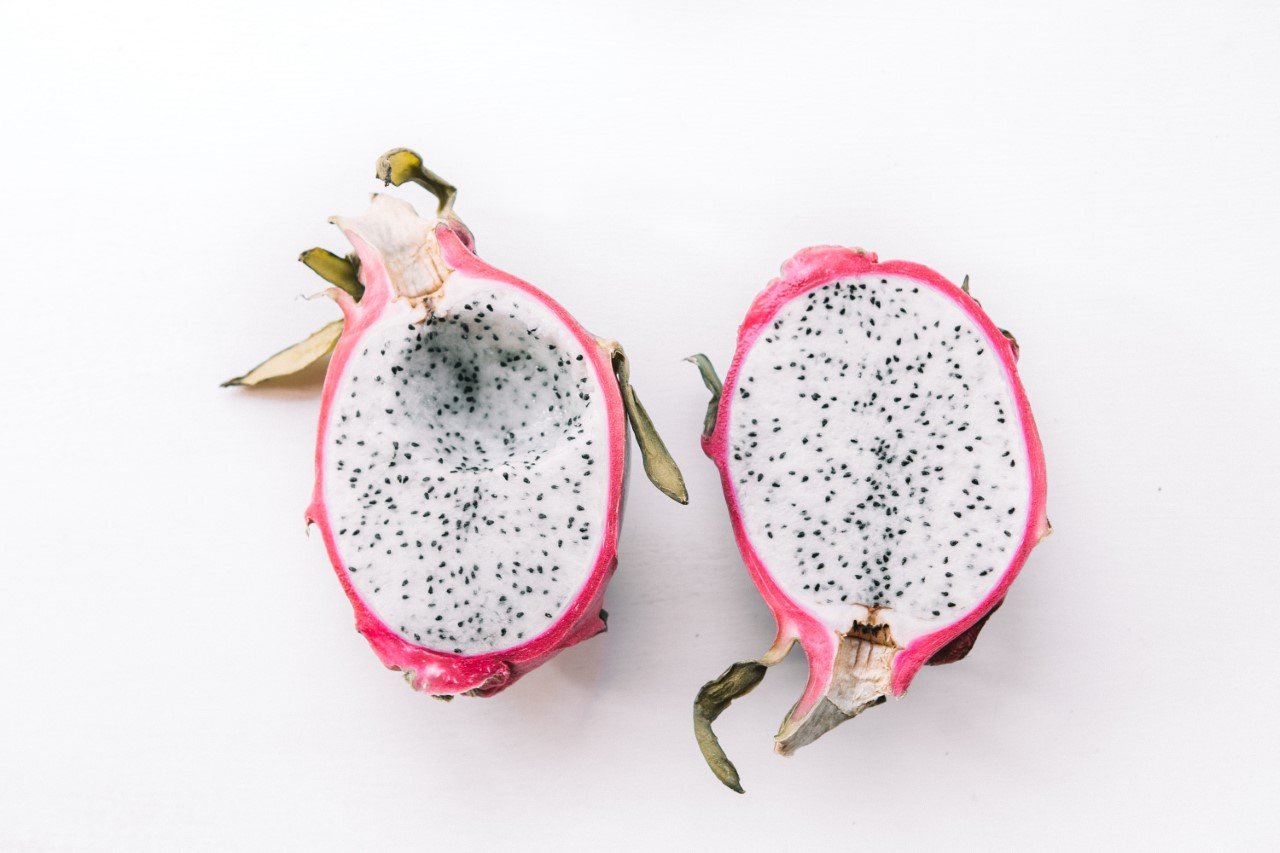Diseases on land
Health care of that period was very different from today. Today we can take vaccinations and other precautions or treatments for all kinds of diseases. Simple diseases today used to be life-threatening.
Upon arrival, there were a number of diseases that took the lives of several botanists. For example, an explorer could contract tropical diseases such as malaria, yellow fever or dysentery. Explorers usually had very limited access to medical care and many treatment methods, as we know them today, did not yet exist.
In addition to tropical diseases, a whole other danger lurked: malnutrition and dehydration. Access to clean drinking water and adequate nutritious food was difficult in many destinations.
Climate and terrain
At the destination, the weather could be quite different from what many British explorers, for example, were familiar with. They could be exposed to extreme cold, heat, rain or drought (depending on the destination, of course).
Especially in tropical rainforests, it was sometimes difficult for the explorer to navigate mountainous areas, dense forests, swamps and other difficult terrain. Tricky terrain brought physical challenges. Risk of injury increased with it.
Fauna
In an unfamiliar world, botanists often depended on descriptions from predecessors about which animals posed a danger. Furthermore, they had to rely on instinct and have some luck defending themselves or avoiding predators.
Many insects could pose a danger. They could transmit diseases, for example, as could be the case with many mosquito species.
Local people
Not only animals, climate, terrain or diseases could pose a danger, but also the established population. For example, conflict could arise because of culture or mistrust.
Some local people were also afraid of explorers because they thought they were invaders or scouts for colonial powers. Communication and gaining trust could be a big challenge.
Logistics
Not only was it often difficult to predict what materials a traveler would need during his voyage of discovery, but it could also become difficult to get enough with him at all during the voyage. Indeed, it was often difficult to carry enough supplies and equipment for longer expeditions. The risk of running out of supplies was also present.
It was important for a traveler to have good knowledge of navigation. Getting lost or delayed was also a common risk.
Mental effort
The likelihood of a person experiencing mental problems was certainly also a present risk. The traveler was alone for a long time and the travel itself could take months or even years. Isolation from friends and family or sometimes other people at all could weigh heavily on mental health.
Important contribution
The voyages were not without risk. Yet botanical explorers made important contributions to science by discovering new plant species. Medicinal plants were exposed in this way and our knowledge of biodiversity has increased significantly. Therefore, they did not travel the world for nothing and put their lives on the line for this special passion.
Today, finding and growing new species is a lot less risky, but we are still just as passionate about sharing this with you.

